Changing Construction – How GreenStart has Powered Passive Sills
Cork-based company Passive Sills was created with a vision of making changes in the construction industry
The company could not be more timely in their mission as together building and construction are said to be responsible for a massive 39% of all carbon emissions in the world right now. Passive Sills produces thermally efficient building products and offers environmentally friendly building materials and product options to the construction industry.
Globally, leading cities and companies are committing to a highly efficient and decarbonised building stock by 2050 but put simply – the Paris Agreement is demanding an even more ambitious built environment strategy than is currently there and for this to happen strong implementation is required.
The European Commission has recognised the vital role that the built environment sector can play in delivering the requirements of the EU2050 long-term strategy to become climate-neutral.
Passive Sills wanted to push forward on this with the help of Enterprise Ireland GreenStart funding and gain a clear picture of the environmental impact of manufacturing their products.
“In the construction industry, everything is going towards zero carbon emissions. It’s going to be a requirement in EU legislation anyway and taking into account the Paris agreement and what this country, the world and individual companies are doing to reduce emissions, it made sense for us to get on board as soon as possible”, explains spokesperson Janice O’Leary.
“We want to spread the word and change the way people think when they are building. They have the option to move away from heavy concrete and go for lightweight more thermally efficient options. New Nearly Zero Energy Building (NZEB) standards requirements are a reality now and people are making more informed choices as it’s all about future proofing. Our products including our insulated window sills and oversills suit most types of construction projects, have a lower carbon footprint and are 64% more thermally efficient than concrete, reducing cold bridging. They also have almost half the embodied carbon of concrete alternatives.”
Support from GreenStart
So how did Enterprise Ireland GreenStart support Passive Sills? The company had very clear goals – to carry out a Life Cycle Assessment (LCA) of their products to understand clearly all the processes and materials that have an impact on the environment and to produce a Product Environmental Footprint (PEF) and a public Environmental Product Declaration (EPD) which now sits proudly on their website. Passive Sills also wanted to produce an Organisation Environmental Footprint (OEF) for their custom manufacturing facility in Youghal. In addition, they wanted to receive access and training for a new online reporting tool called Ecochain, to generate detailed reports for clients.
“The Enterprise Ireland GreenStart grant helped us to nail all of this down. While we needed a lot of information for certain calculations and it did take time, we were able to calculate our carbon footprint and were pleasantly surprised with some of the results that we found. We have now also launched a new website – lightweightmouldings.ie – offering a full range of lightweight decorative mouldings and we’re expanding our product range.”
“The GreenStart process made us think in a slightly different way. All of this was something that we would have had to do in the future anyway – specifically we knew the requirement for an Environmental Product Declaration (EPD) would be coming down the line – and Enterprise Ireland gave us a push to get it done now.”
“We were more than happy with the process and what we achieved and we would highly recommend the process to other businesses.”
To get your business ready for a green future visit Climate Enterprise Action Fund or contact the Climate Action Team


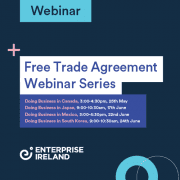
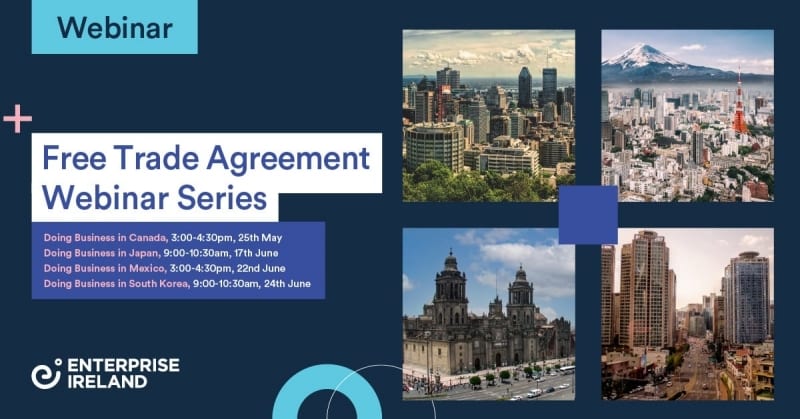
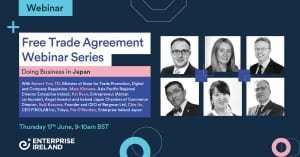
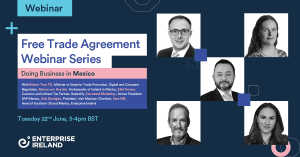
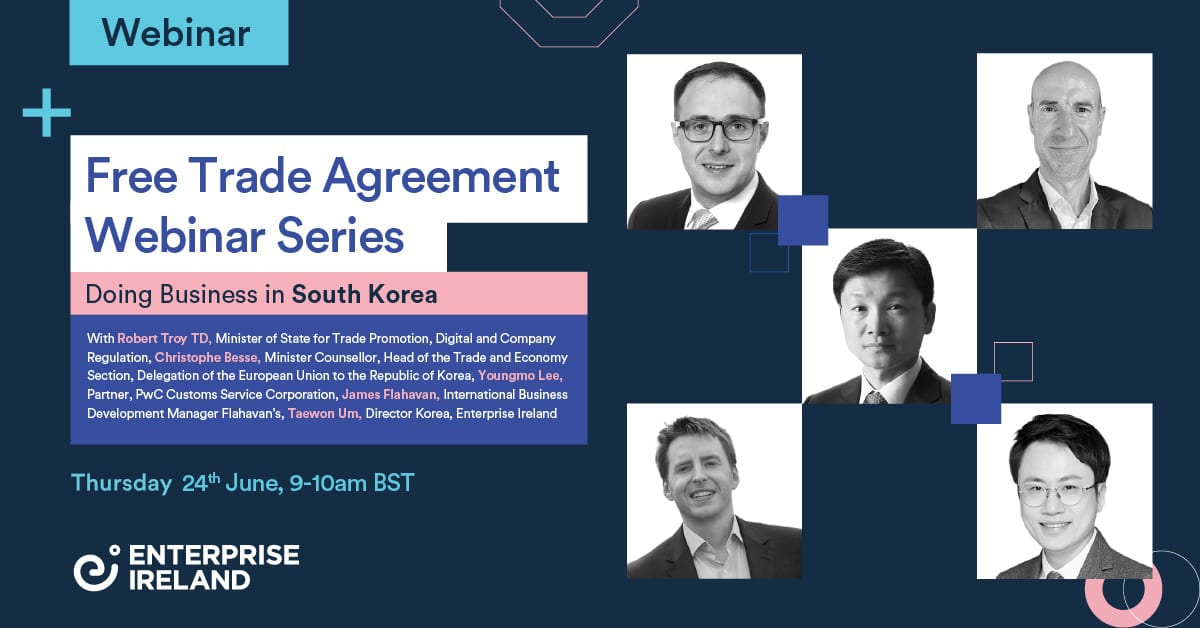

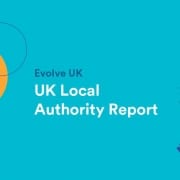
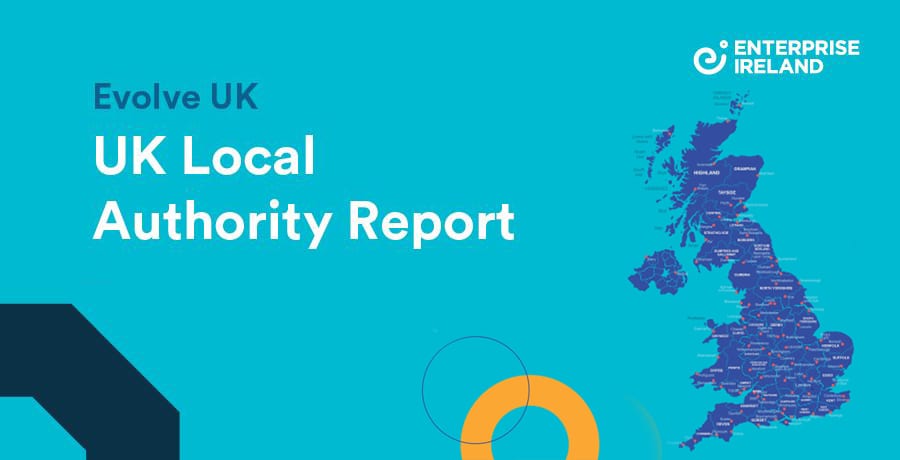
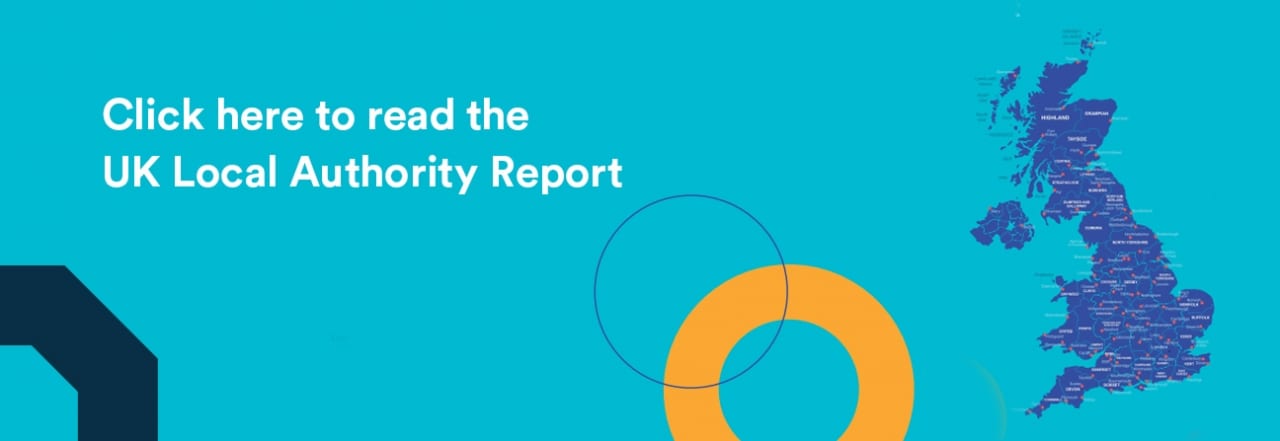

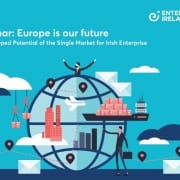
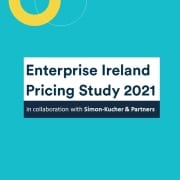
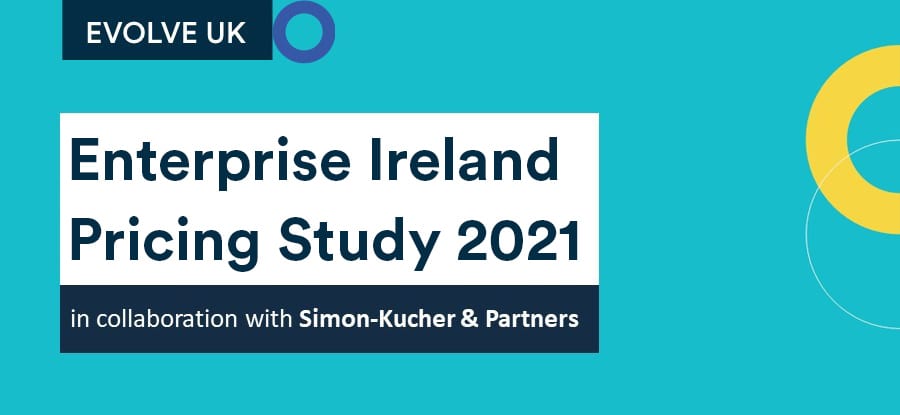

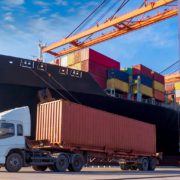
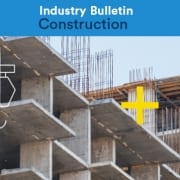
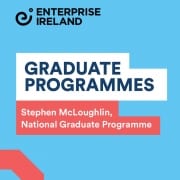
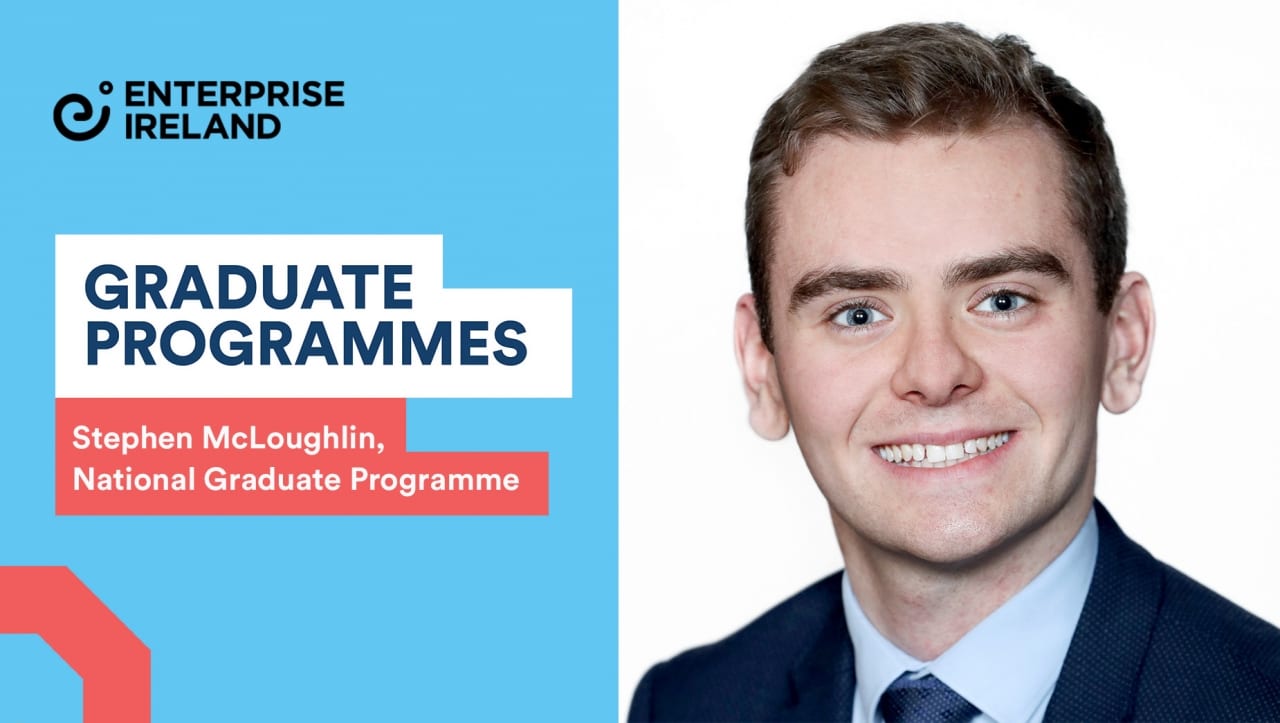 Currently in year two with Enterprise Ireland’s National Graduate Programme, Stephen McLoughlin describes his experience of working across the Brexit division and Covid-19 response unit.
Currently in year two with Enterprise Ireland’s National Graduate Programme, Stephen McLoughlin describes his experience of working across the Brexit division and Covid-19 response unit.



